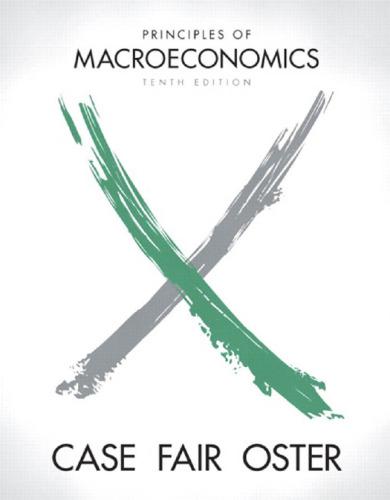During the 1980 presidential campaign, Ronald Reagan promised to cut taxes, increase expenditures on national defense, and
Question:
During the 1980 presidential campaign, Ronald Reagan promised to cut taxes, increase expenditures on national defense, and balance the budget. During the New Hampshire primary of 1980, George Bush called this policy “voodoo economics.” The two men were arguing about the relative merits of supply-side economics. Explain their disagreement.
*10. In a hypothetical economy, there is a simple proportional tax on wages imposed at a rate t. There are plenty of jobs around; so if people enter the labor force, they can find work. We define total government receipts from the tax as T = t W L where t = the tax rate, W = the gross wage rate, and L = the total supply of labor. The net wage rate is Wn = (1 - t) W The elasticity of labor supply is defined as Suppose t was cut from .25 to .20. For such a cut to increase total government receipts from the tax, how elastic must the supply of labor be? (Assume a constant gross wage.) What does your answer imply about the supply-side assertion that a cut in taxes can increase tax revenues?
Step by Step Answer:

Principles Of Macroeconomics
ISBN: 9780374146412
10th Edition
Authors: Karl E. Case, Ray C Fair, Sharon C Oster






